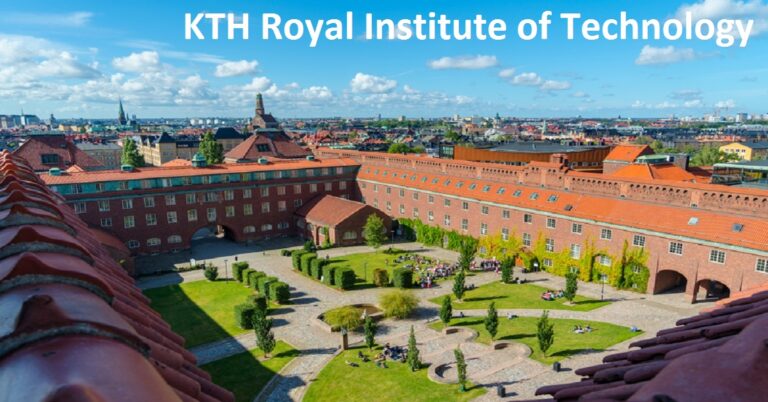
Introduction
A personal statement is one of the most important parts of your scholarship application — sometimes it’s the deciding factor!
This is where you convince the selection committee why you, among hundreds or thousands of applicants, deserve this opportunity.
So how do you write a personal statement that truly stands out? Let’s break it down step-by-step — plus see real examples at the end.
✅ 1️⃣ What is a Personal Statement for a Scholarship?
It’s a short essay (usually 500–1,000 words) that explains:
- Who you are
- Your academic background & achievements
- Your goals and ambitions
- Why you need this scholarship
- How you will contribute to your field or community
It’s personal — it should tell your unique story.
✅ 2️⃣ Understand the Requirements
Before you start writing:
✔️ Read the prompt carefully — some scholarships ask specific questions.
✔️ Check word count, format, or any questions to answer.
✔️ Note key traits they want: leadership? community service? research potential?
✅ 3️⃣ Plan Before You Write
Don’t just start typing!
Brainstorm:
- What challenges have you overcome?
- What makes you unique?
- What are your proudest achievements?
- What are your career goals?
Write down 3–5 key points you want the committee to remember.
✅ 4️⃣ Use a Strong Structure
A good personal statement usually has:
1️⃣ Introduction — Hook the reader immediately.
2️⃣ Body — Your background, achievements, and goals.
3️⃣ Why This Scholarship — Explain the fit.
4️⃣ Conclusion — Tie it all together and end memorably.
✅ 5️⃣ Open with a Compelling Hook
Your opening should grab attention. Avoid cliché openings like “I have always wanted…” or “My name is…”.
Examples of better hooks:
- “Growing up in a small village where only 10% of girls finish high school shaped my passion for education equality.”
- “When I was 12, I built my first computer using discarded parts — and discovered my love for technology.”
✅ 6️⃣ Highlight Achievements — with Proof
Don’t just say “I am hardworking.” Show it with examples.
✔️ Use specific numbers, awards, or impact:
- “As president of the Student Union, I led a team of 50 volunteers, organizing events that raised $5,000 for local charities.”
- “I ranked in the top 5% of my class for three consecutive years.”
✅ 7️⃣ Be Clear About Your Goals
Tell them:
- What do you want to study?
- What do you plan to do with your degree?
- How will it benefit your country or community?
Example:
“My goal is to become a public health researcher focusing on rural health policies that reduce preventable diseases in my home country.”
✅ 8️⃣ Explain Why You Need the Scholarship
Be honest and respectful. Show that this funding is crucial — but also that you’ll use it well.
Example:
“Without this scholarship, I would not be able to afford tuition and living expenses abroad. It will enable me to access world-class education and return home to implement what I learn.”
✅ 9️⃣ End with a Strong Conclusion
Your last lines should be memorable and tie back to your purpose.
Example:
“I am committed to using this opportunity to not only advance my knowledge but also create opportunities for others in my community.”
✅ 🔟 Proofread, Proofread, Proofread!
✔️ Read it aloud to catch mistakes.
✔️ Ask a teacher or mentor for feedback.
✔️ Make sure it’s within the word count.
✅ 📌 Example Personal Statement (Sample)
Sample Opening:
“Growing up in a farming village, I saw first-hand how lack of veterinary services affects farmers’ incomes and food security. This inspired me to study Veterinary Medicine at Assiut University, where I excelled academically and volunteered in rural animal health camps.”
Sample Middle:
“During my studies, I ranked among the top 10% of my class and organized vaccination drives that reached over 500 farmers. I also interned at the National Animal Health Institute, gaining practical experience in disease diagnosis and control.”
Sample Conclusion:
“With this scholarship, I hope to pursue a Master’s in Animal Health Management to develop sustainable solutions for livestock farmers in underserved regions. I am determined to share this knowledge to improve livelihoods and ensure food security for future generations.”
✅ Key Takeaway
A winning personal statement is:
- Personal: your unique story
- Focused: clear structure, clear message
- Evidence-based: real examples & proof
- Future-oriented: clear goals & impact
🎓 Next Steps
✅ Start early — don’t rush it.
✅ Draft, edit, and ask for feedback.
✅ Save a copy you can adapt for other scholarships!


